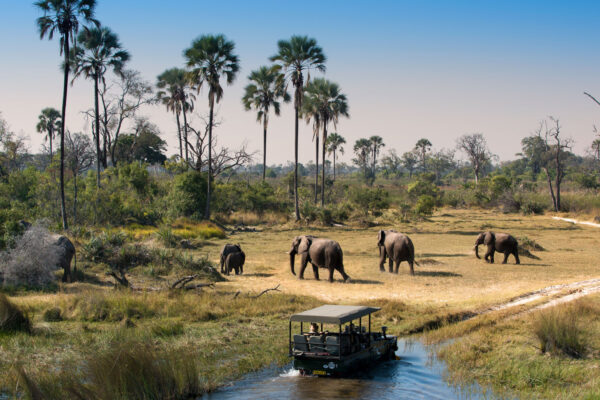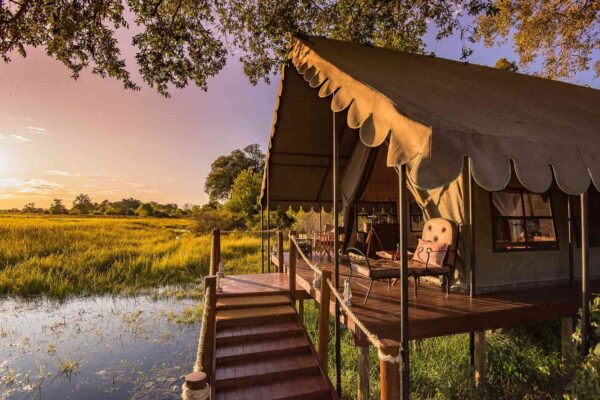Is Africa Safe for Tourists? The Ultimate Guide for White Travelers.
Is Africa Safe for Tourists?
“Is Africa Safe for Tourists? A Special Guide Focused on White Travelers’ Safety, Tips, and Insights for Exploring the Continent Confidently. All You Should Know”
Africa is a continent of staggering diversity, vast deserts, lush rainforests, teeming wildlife, and vibrant cities, offering once‑in‑a‑lifetime experiences for any traveler. While sensational headlines sometimes paint the entire continent as dangerous, the reality is far more nuanced: most visits to Africa are trouble‑free, especially when you research your destinations, respect local customs, and take sensible precautions. For white travelers, issues like drawing extra attention in certain regions, navigating cultural misunderstandings, and encountering occasional racial profiling can arise, but informed preparation will turn potential pitfalls into enriching cross‑cultural exchanges.
This guide distills decades of traveler feedback, on‑the‑ground reports, and expert advice into one comprehensive resource. You’ll learn how to evaluate safety by region, choose reputable operators, get the right vaccinations, communicate effectively, and prepare for emergencies. More than just a list of “dos and don’ts,” this guide empowers you to travel confidently, minimizing risk, maximizing respect, and deepening your connection with Africa’s people and places.


Is Africa Safe? Comprehensive Guide
1. Pre‑Trip Planning
-
Research Destinations
-
Check travel advisories (e.g., U.S. State Department, UK FCDO) for up‑to‑date risk levels.
-
Seek firsthand reports from recent travelers (blogs, forums like TripAdvisor, SafariBookings).
-
-
Health Preparations
-
Mandatory and recommended vaccinations: yellow fever certificate, typhoid, hepatitis A/B, routine immunizations.
-
Anti‑malarial medication tailored to your itinerary’s risk zones.
-
Travel insurance that covers medical evacuation.
-
-
Visa and Entry Requirements
-
Confirm visa‑on‑arrival vs. pre‑arranged visas; factor in application lead times.
-
Register with your embassy or consulate upon arrival.
-
2. Cultural Awareness & Respect
-
Local Customs
-
Learn basic greetings in local languages (Swahili “Jambo,” Zulu “Sawubona,” etc.).
-
Dress modestly in conservative areas—cover shoulders and knees when visiting villages or religious sites.
-
-
Race and Privilege
-
White travelers may be perceived as wealthy; negotiate fairly and avoid flaunting valuables.
-
Engage genuinely: support community‑run projects and small businesses rather than large foreign chains.
-
3. On‑Ground Safety
-
Transportation
-
Use reputable taxi services or ride‑hail apps (Bolt, Yango) in cities rather than flagging street cabs.
-
For long‑distance travel, prioritize established bus lines or scheduled charter flights; avoid overcrowded minibuses.
-
-
Accommodations
-
Stay within lodges, guesthouses, or hotels with 24‑hour security and good guest reviews.
-
In remote areas, confirm that your camp operator has robust emergency protocols and reliable satellite communication.
-
-
Personal Security
-
Keep valuables (passport, cash, cards) in a money belt or hotel safe; carry photocopies in your daypack.
-
Travel in pairs or small groups after dark; avoid poorly lit streets and isolated areas.
-
4. Wildlife & Adventure Safety
-
Safari Etiquette
-
Always remain inside the vehicle unless your guide explicitly permits disembarkation.
-
Never feed, approach, or provoke wildlife—maintain a respectful distance at all times.
-
-
Hiking & Trekking
-
Hire certified guides familiar with local terrain (e.g., Kilimanjaro, Drakensberg, Rwenzori).
-
Acclimatize properly, carry adequate water, and be prepared for rapid weather changes.
-
5. Emergency Protocols
-
Contacts List
-
Local emergency numbers (police, ambulance) for each country on your itinerary.
-
Embassy or consulate addresses and 24‑hour hotlines for your home country.
-
-
Communication
-
Purchase a local SIM card with data or activate an international roaming plan.
-
Share your daily plans and check‑in times with someone back home.
-
6. Money & Scams
-
Currency Handling
-
Familiarize yourself with local currencies and current exchange rates.
-
Use ATMs in banks or secure locations; limit cash withdrawals and carry small bills for tips.
-
-
Common Scams
-
“Friendly local” approach: politely decline unsolicited offers of help or “guiding.”
-
Overpriced souvenirs: Agree on a price before purchasing; shop at cooperative markets.
-
7. Responsible Travel & Giving Back
-
Ethical Tourism
-
Choose operators with strong community‑development and conservation commitments.
-
Minimize plastic use and respect wildlife habitats by sticking to marked trails.
-
-
Community Engagement
-
Volunteer opportunities: short‑term teaching, wildlife monitoring, or cultural exchange programs.
-
Donations: Contribute through reputable NGOs rather than handing out cash directly.
-
Travel Advice From JimJam Safaris
We cater to all ages, budgets, interests, and fitness levels. Our team can assist with queries about Safety in Africa, tours, Accommodations, bookings, and Affordable Luxury destinations. We will respond to your Inquiry as soon as possible. Our team of friendly and service-minded Safari Consultants is available to assist you in making a private, personalized, tailor-made Safari Itinerary and to answer all questions you might have. Are you dreaming of the Wildebeest Migration? Gorilla Trekking in Africa? Honeymoon In Africa or Africa’s Big 5 Experiences? Start planning your affordable luxury African tours with the Affordable Luxury African Safari Company (JimJam Safaris & Tours Africa). We tailor-make African Safaris for First Timers, 7-Day African Safari Tours, African Bush Safaris, and Beach Vacations.